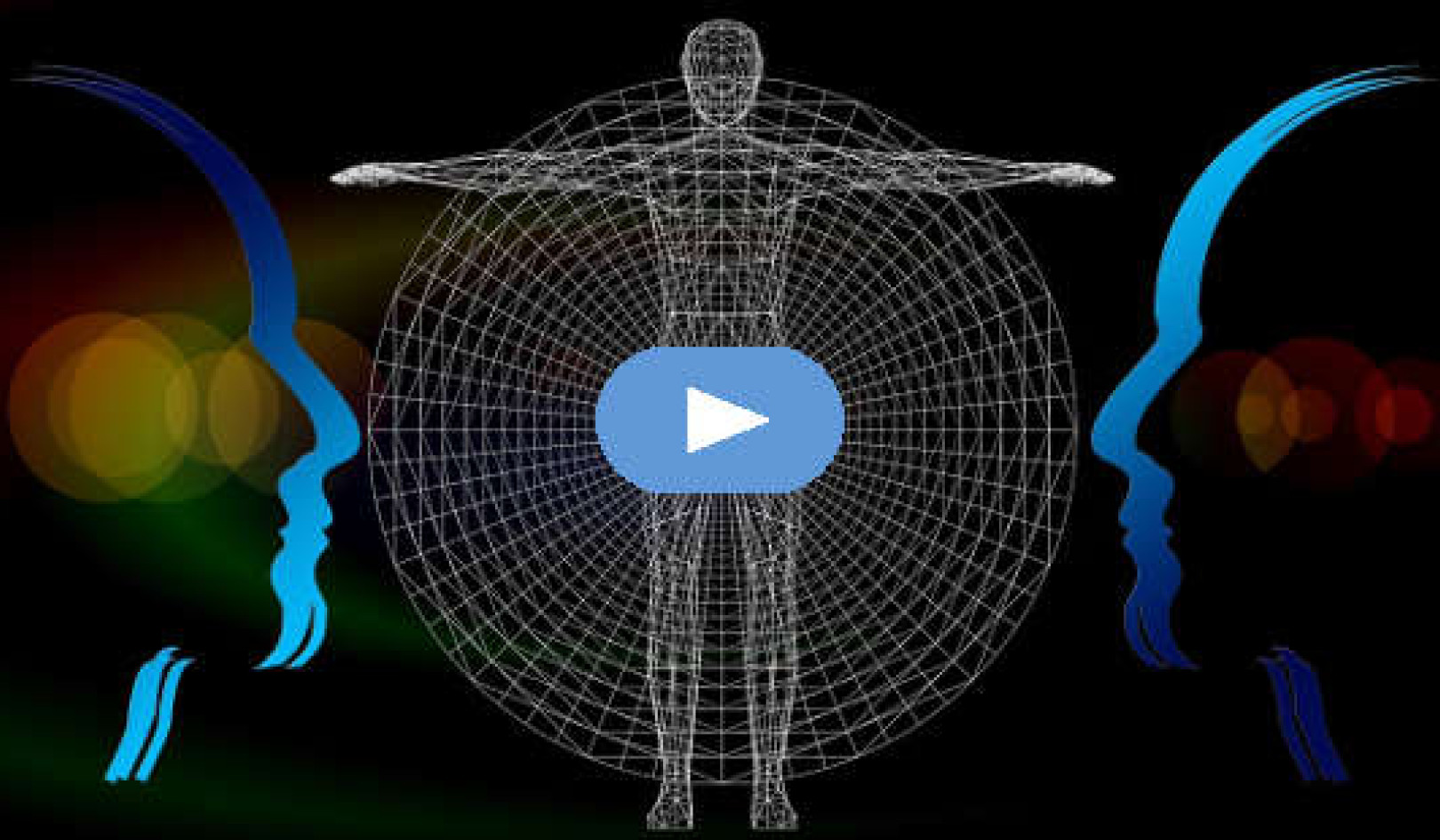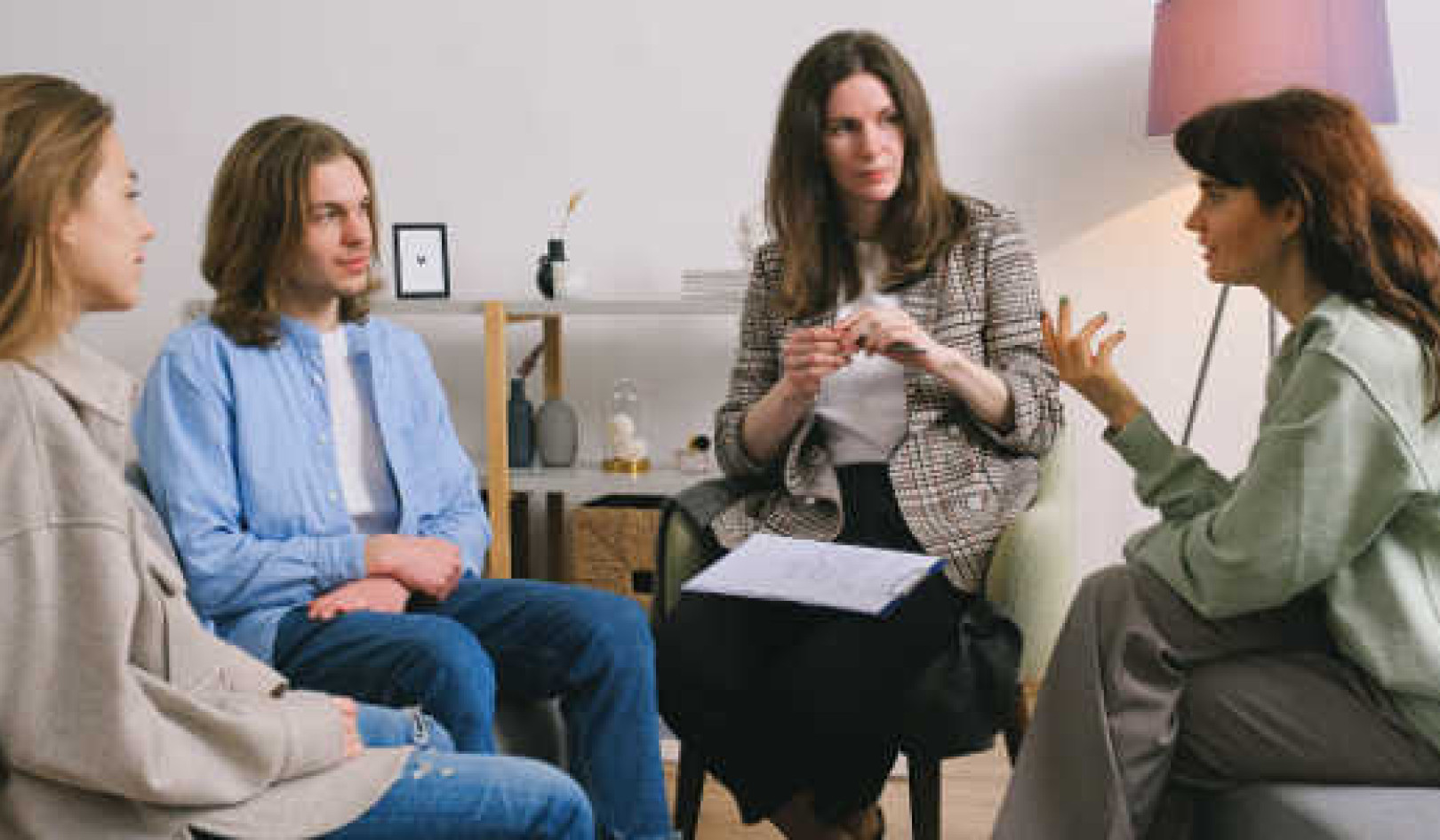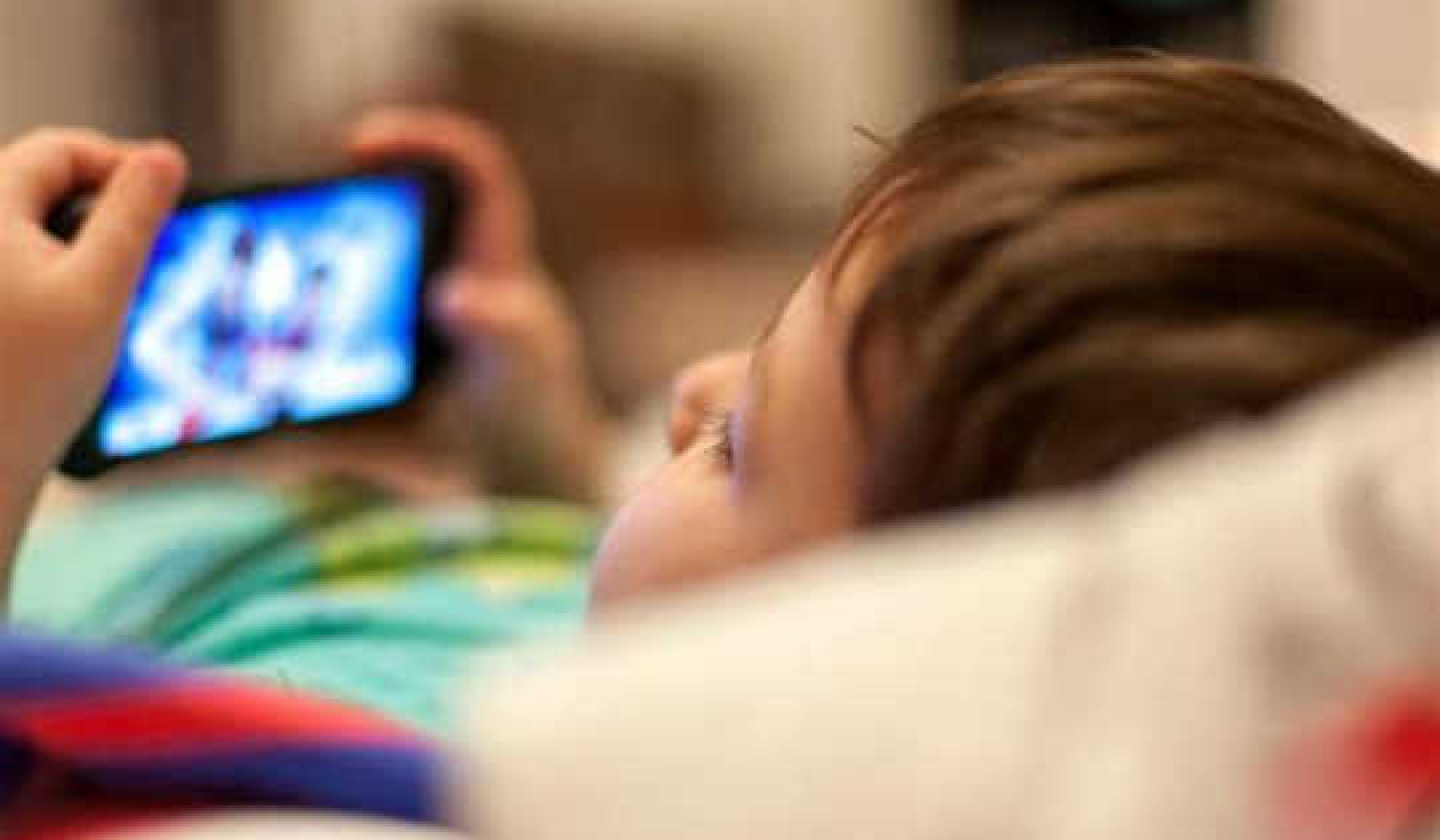
Image by S. Hermann & F. Richter
Love recognizes no barriers. It jumps hurdles, leaps fences,
penetrates walls to arrive at its destination full of hope.
— Maya Angelou
Love is the highest vibrational energy and can accomplish almost anything. The more we can keep our hearts open, the greater the love we feel, and the more patience, understanding, and compassion we have for others.
When we open our hearts, love and, with it, hope are awakened from within. The lower, negative vibrational energies of anger, self-pity, resentment, fear, or selfishness can be dissolved, and love and kindness toward ourselves, and others, can replace them.
When we love ourselves, we are more able to love others in a generous and expanded way. Emmett Fox, one of the most influential New Thought teachers of the twentieth century, wrote:
There is no difficulty that enough love will not conquer; no disease that enough love will not heal; no door that enough love will not open; no gulf that enough love will not bridge; no wall that enough love will not throw down; no sin that enough love will not redeem. It makes no difference how deeply seated may be the trouble; how hopeless the outlook; how muddled the tangle; how great the mistake. A sufficient realization of love will dissolve it all. If only you would love enough you would be the happiest and most powerful being in the world.
It's Challenging To Feel Love For Ourselves and For Others
What if we find it challenging to get to this place of feeling love for ourselves and for others? It’s not difficult to be kind to those we love and who are good to us, or to people we feel kinship with, or when things are going our way. It’s far more of a challenge to be kind when times are hard for us, or when we are shocked by the cruelty, injustice, and violence in our world.
One way of increasing the ease with which we can encourage this openheartedness is to practice the habit of getting back to the heart space, that place of peace and joy that dwells at the center of our being, and connects us with others so that we feel love as a matter of course more of the time.
Research at Stanford’s Center for Compassion has confirmed that practicing mindfulness and loving kindness meditation, even for short periods of time, on a regular basis has a physiological effect. Blood pressure is lowered, stress is reduced and the immune system is boosted. In addition, researchers found that there are significant positive effects on individual’s lives, in how they view the world and respond to it, generally feeling more hopeful and compassionate toward others.
1. Being prepared to be vulnerable
What does it mean to be vulnerable? How can it be beneficial in our competitive, even hostile world?
At our core we’re vulnerable because we’re sensitive and feel deeply. In order to protect ourselves from getting hurt, feeling the negative effects of rejection, or avoiding shame, we tend to armor ourselves, adopting a persona that masks who we truly are.
We all have to confront our vulnerability. As Brené Brown, a research professor at the University of Houston who has written extensively on vulnerability, wrote: “Vulnerability is not weakness, but the core, the heart, the center of meaningful human experiences.” It is the prerequisite to living what she calls the “whole-hearted life.”
We all need to love and belong, to feel worthy of being loved, and to live “whole-heartedly” means to live a life of courage, compassion, and connection. When, instead of putting on our protective shield to survive, we adopt a gentler approach to living and allow ourselves to be vulnerable, we’re no longer trying to bend the world to our will.
When we’re courageous enough to allow the person we truly are to shine through, we move beyond our beliefs, illusions, and the story we’ve told ourselves.
I have no need to put on armor.
I am prepared to feel vulnerable and reveal who I truly am.
I live my life in a whole-hearted manner.
2. Accepting and loving ourselves
From our earliest years, we are taught to look outward. We develop the ability to mold ourselves to what our parents, siblings, and teachers want us to be. By the time we’re adult and making our way in the world, we tend to behave how the boss, or our partner, or our family and friends expect us to behave.We crave approval and can end up confused, hopeless, and depressed when we don’t get it.
The pain we feel takes us back to our vulnerability, which, though uncomfortable, is precisely what we need. With vulnerability comes a softness, which means we are more willing to pay attention to what it is we truly need for our well-being. We stop giving ourselves a hard time by trying to be something we’re not.
We can forgive ourselves for not living up to the expectations we’ve set ourselves. We learn to accept all aspects of ourselves, including those traits we don’t like and project on to others, like anger, jealousy, selfishness, meanness, and so on. We no longer worry about what others think of us; we are okay as we are, at ease with ourselves, and sense that we are part of the greater whole.
Our belief in our own self-worth is vital, and being connected to the whole flow of life helps each of us attain a sense of ease with the person we truly are.
The life I’m living is truly my own.
I have no need to be someone other than who I am.
I am at ease with myself and full of hope.
3. Cultivating tolerance and understanding
We might think that we’re tolerant and understanding in our personal relationships, and that we behave as loving and caring human beings, but if we look deeper, we find that there is often an element of self-interest in our behavior. We’re usually fine so long as our needs are being met, but when those who we’re in relationship with disappoint or displease us, we tend to react in a negative manner. We always want the best for ourselves, and when we don’t get it, rather like two-year-olds who don’t get their own way, we tend to behave badly.
This behavior operates both in our personal lives and also in groups, communities, and nations, and is the main reason we don’t have the peace and harmony we long for in the world. However we may try to address this situation, the reality is that little can be accomplished unless we address the issue of tolerance and understanding in ourselves. The respected psychiatrist and spirituality researcher David R. Hawkins wrote: “Simple kindness to one’s self and all that lives is the most powerful force of all.”
There’s a Native American proverb: “True peace between nations will only happen when there is true peace within people’s souls.” Whether in our own lives or in the world at large, we have to overcome the dysfunctional consciousness that is dominated by ego and find a way to be tolerant, which means having the interests of others at heart if we are to find solutions and keep peace and harmony.
I am becoming more aware of
my emotions, my thoughts, and my behavior.
I cultivate tolerance and understanding within myself.
4. Having a compassionate heart toward others
Compassion literally means “to suffer with.” Mechtild of Magdeburg, a Christian medieval mystic, wrote: “Compassion means that if I see my friend and my enemy in equal need, I shall help them both equally.”
When we harden ourselves to another’s suffering, including those we feel enmity toward, we also limit our own capacity to feel joy. We need to try to extend our compassion from ourselves, outward, as far as we can, until we feel kindness for all.
We are each unique and have our own journey. We need to see the good in others, no matter who they are. We cannot tell others how to live their lives, for we do not know their story necessarily. It’s important not to make judgments or criticize if their choice about how to live their life is different from the way we live ours. We never have the right to make value judgments about another
Each of us needs kindness, especially in times of adversity, and we all have so many opportunities to show kindness to others during the course of our daily lives—sharing a friendly smile and hello to someone we pass in the street, expressing words of encouragement to someone undertaking something difficult, running an errand for someone, giving a small gift, sharing time with someone who wants company, and helping someone out if they need a lift or money if they’ve lost their purse.
By choosing to live with compassion, we give hope to all those who need our help, particularly in times of difficulty. Practical help is one thing that we can give according to our ability to give, but it’s when we open our hearts that we will be able to give what is truly needed.
I accept and love myself.
I extend compassion to all beings.
Opening my heart, I give all I can to others.
5. Knowing how to forgive
Daily news that our media bombards us with tends to be a depressing affair, dominated as it is by killing, rape, abuse, and terror, and it’s easy to react with outrage, taking sides. We need, however, to try to step back and see that both perpetrators and victims suffer.
That doesn’t mean we condone whatever violent acts have been committed or that the perpetrators shouldn’t be punished. It does mean that alongside the compassion we feel for the victims, we should also try to understand the perpetrators’ suffering. What terrible past events have caused them to behave in such a horrendous manner? We have to understand that perpetrators were themselves wounded, confused, and angry, and therefore not able to understand the damage they were inflicting.
D. Patrick Miller, author and publisher, wrote: “To carry chronic anger against anyone or any circumstance is to poison your own heart, injecting more toxin every time you replay in your mind the injury done to you.”
A horrific act may seem impossible to forgive, yet if we cannot, it will negatively affect everything we do and every relationship we have. We forgive in the end for our own sake, not for the other person’s. It’s about the healing that can take place once we let go of our anger and resentment.
It is possible to forgive everyone and everything that has occurred in the past to hurt us, and it’s necessary. The negative emotions we felt as a reaction have to be released if our peace of mind is to be regained. It is, however, a process and takes time.
I am willing to see all sides of a situation.
I am learning to forgive all wrongs done to me.
My life is defined by love.
©2018 by Eileen Campbell. All Rights Reserved.
Publisher: Conari Press, an imprint of Red Wheel/Weiser, LLC.
www.redwheelweiser.com. Excerpted with permission.
[Editor's Note: The book contains 10 items in this chapter. Due to excerpt limitations, we have published a condensed version of the first five points.]
Article Source
Woman's Book of Hope: Meditations for Passion, Power, and Promise
by Eileen Campbell
 This is a book of daily meditations designed to help restore a sense of hopefulness and purpose. It is a practical, friendly, and helpful book that will appeal to anyone looking for a little pick-me-up, a little help in getting through the week. It is a book for women who feel overwhelmed and underappreciated. It is the perfect antidote to despair: a book that teaches women to practice hope--to take concrete steps in the face of pain and despair and to make their lives happier. (Also available as a Kindle edition.)
This is a book of daily meditations designed to help restore a sense of hopefulness and purpose. It is a practical, friendly, and helpful book that will appeal to anyone looking for a little pick-me-up, a little help in getting through the week. It is a book for women who feel overwhelmed and underappreciated. It is the perfect antidote to despair: a book that teaches women to practice hope--to take concrete steps in the face of pain and despair and to make their lives happier. (Also available as a Kindle edition.)
More books by this author
About the Author
 Eileen Campbell is the author of several books, including The Woman's Book of Joy. She was an alternative/New Age publisher for over 30 years and worked in various capacities for major publishers including Routledge, Random House, Penguin, Rodale, Judy Piatkus Books, and Harper Collins. She was also a writer/presenter for BBC Radio's "Something Understood" and "Pause for Thought" in the 1990s. She currently devotes her energies to yoga, writing, and gardening. Visit her at www.eileencampbellbooks.com.
Eileen Campbell is the author of several books, including The Woman's Book of Joy. She was an alternative/New Age publisher for over 30 years and worked in various capacities for major publishers including Routledge, Random House, Penguin, Rodale, Judy Piatkus Books, and Harper Collins. She was also a writer/presenter for BBC Radio's "Something Understood" and "Pause for Thought" in the 1990s. She currently devotes her energies to yoga, writing, and gardening. Visit her at www.eileencampbellbooks.com.




























